“The education of free people is the hope of humanity,” says Dr. Ayman El-Mohandes. “That’s the City University of New York’s motto.” An esteemed pediatrician, public health academic and Chair-elect of the Association of Schools and Programs in Public Health, El-Mohandes is continually assessing education’s role in modern society. We met with him to talk about his work and get his take on what’s next for higher ed.
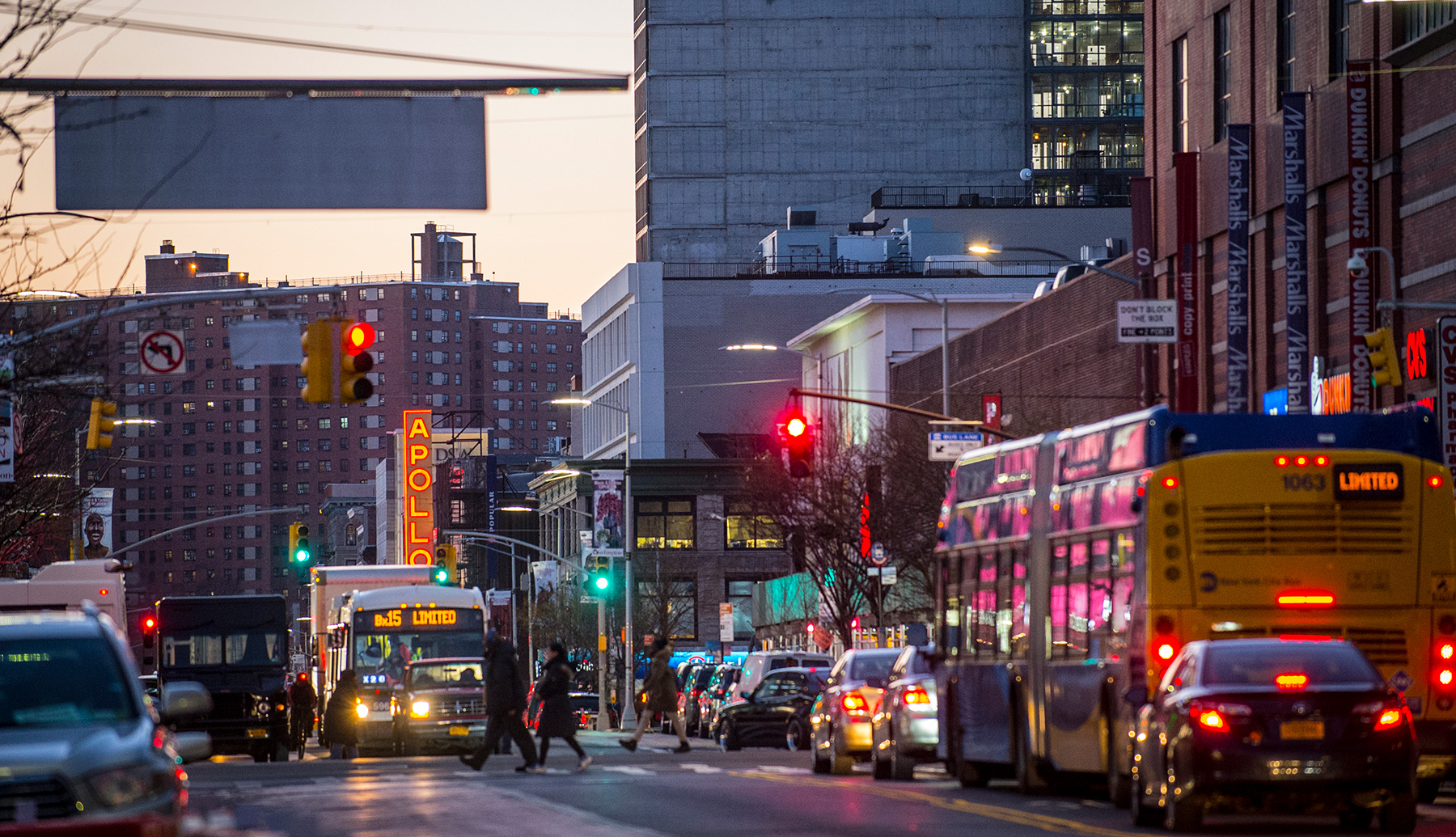
“CUNY is the most successful social experiment in the country to show that education is socially transformative.” El-Mohandes refers to a recent study that found CUNY moves six times as many people from the second lowest quintile of poverty to the second highest quintile of wealth than all the Ivy League schools put together. “Our University was built on a foundation of social justice and equity, with a mission to bring learning and opportunity to all. To me, that’s what higher education is all about.”
CUNY’s powerful foundational principles lead us neatly to our broader topic for discussion. In a post-pandemic America, with a shrinking college age population, cost of living crisis and turbulent public discourse around the value of formal higher education, what is the future of the sector? Where do we go from here?
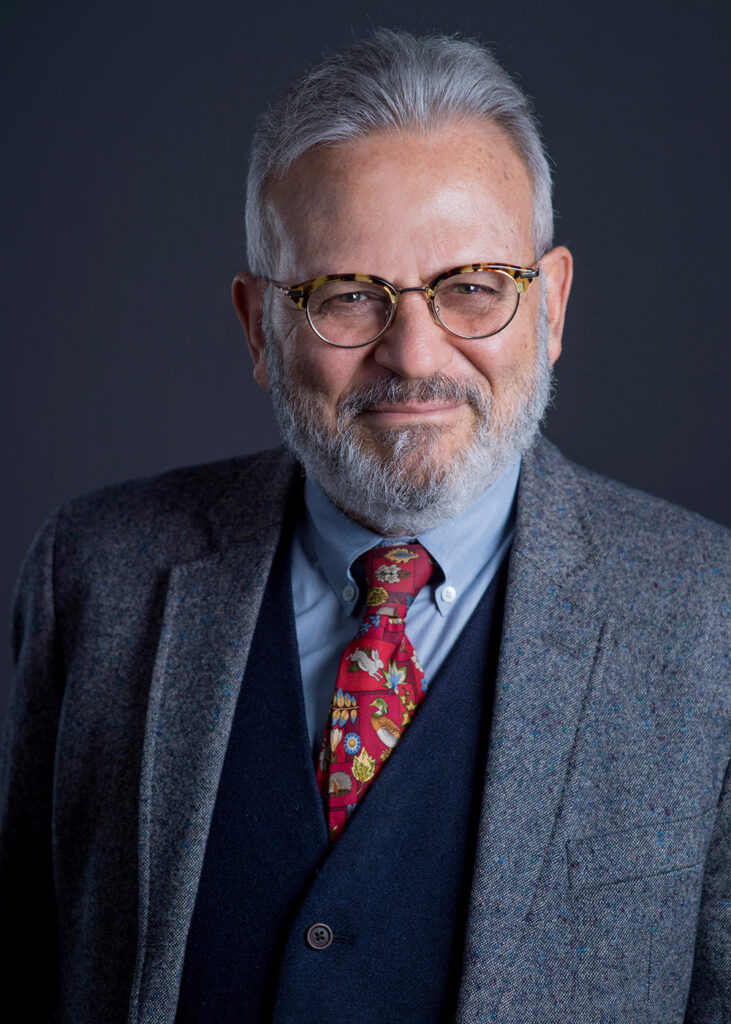
Taking accessibility to the next level
If education is the lifeblood of progressive, skilled societies, then the inaccessibility of education is, by definition, the hallmark of a backwards one. “By making itself accessible, CUNY moves skilled people into the workforce,” says El-Mohandes. He believes that accessibility in education drives our society not just to be more equal, but more equipped to meet social, technological and environmental challenges. The future of higher ed is only viable if it has accessibility at its core.
“One of our biggest challenges is breaking down cultural preconceptions around accessibility. People wrongly confuse ‘affordability’ with ‘poor quality’ or ‘mediocrity.’” Indeed, CUNY’s high-ranking programs, world-changing research, 13 Nobel prize winners and 26 MacArthur grant winners are evidence that affordable, high-quality education is possible. His worry is that the enrollment crisis will prompt tuition fee hikes and scholarship reductions rather than encourage institutions to engage with more students. “The sector needs to respond to enrollment challenges by widening public participation in education, not narrowing it.”
El-Mohandes believes institutions need to invest in more “intentional” marketing strategies if they want to stay relevant. His school is the only CUNY school with a dedicated Assistant Dean for Marketing — Dr. Sergio Costa — accountable for getting the right students through the doors. Marketing is crucial to widening participation – the democratization and accessibility of information about college options helps to facilitate the democratization of education itself. El-Mohandes considers it an institutional imperative to connect with prospective students in more conscious and meaningful ways. “I am trying to make sure that our philosophy of marketing is integrated in our scholarship and our academic persona. I don’t consider marketing to be an appendage of what we do — it is part and parcel of who we are as an academic institution.”
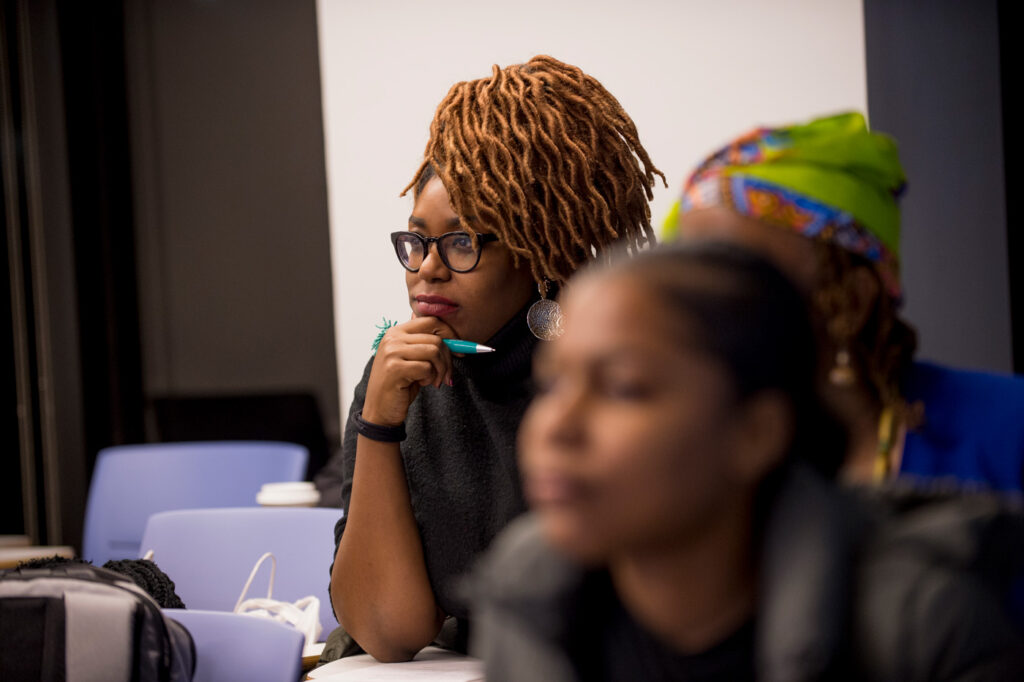
Adapting to market demand
“If you go out fishing, you have to have the right bait.” For El-Mohandes, universities need to be more agile in their educational offering if they want to continue attracting students. The primary focus since the pandemic has been to expand online learning options, but improving a program portfolio goes beyond that. El-Mohandes has been creating unique, relevant programs to gain more market traction – Population Health Informatics and Health Communication for Social Change are some recent additions. “By creating programs that other schools don’t have, we can be more competitive. We’re also broadening our offering to cater to students who started college but never finished, for example. It’s all about tapping into what your potential students need and want.”
With industries offering jobs and skills development to young people straight out of high school, prospects are looking for more than just a certificate from their university investment. “Students want community, personalized teaching and that extra level of support, often beyond graduation, that empowers them to achieve what they’re capable of,” says El-Mohandes. In uncertain times for the sector, he wants to enhance the quality of his students’ experiences. “We focus on finding ways to support students so they can succeed, not just academically, but personally. Whether that’s in the form of extra drop-in sessions, flexibility around student schedules, better pastoral support, more robust career guidance or work placement schemes. A lot of universities are starting to recognize the importance of this – those are the ones that will thrive.”
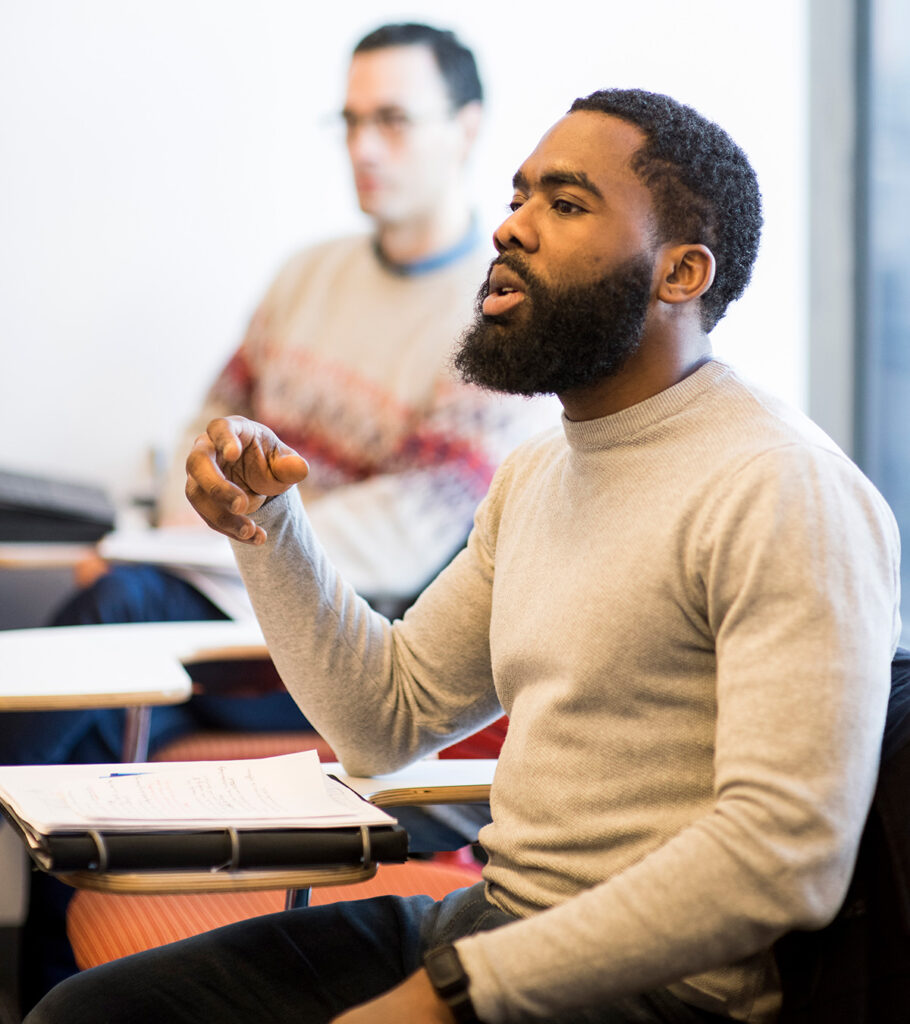
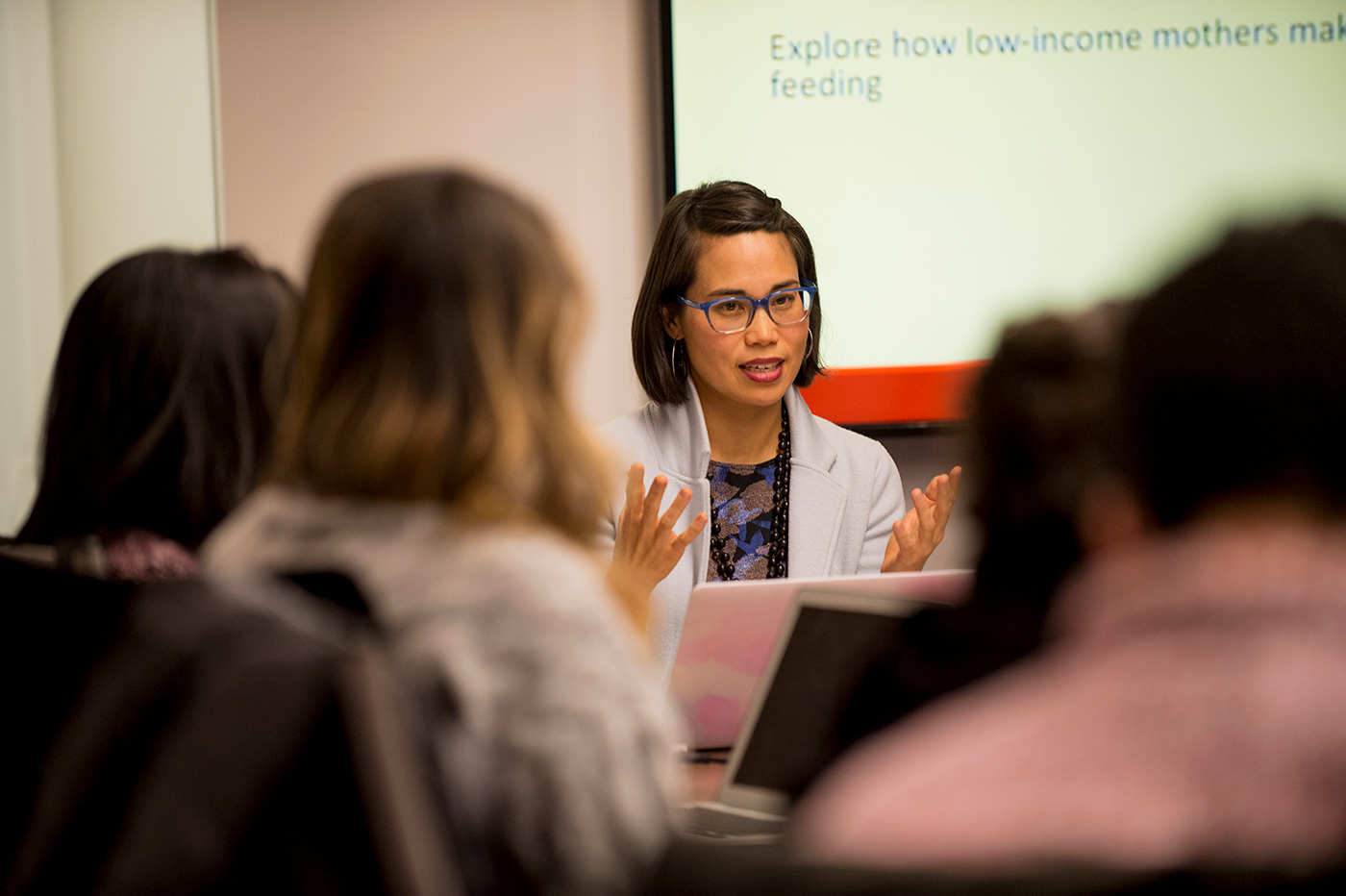
A final word
“When it comes to selecting our valedictorians, we’re always struck by how something uniquely CUNY has rubbed off on them –- a pragmatic intention to serve people and communities. It is my hope that CUNY continues to produce students that have the skill and intent to make a positive impact on the world, and that this spirit of public service defines the higher education sector of the future.”



